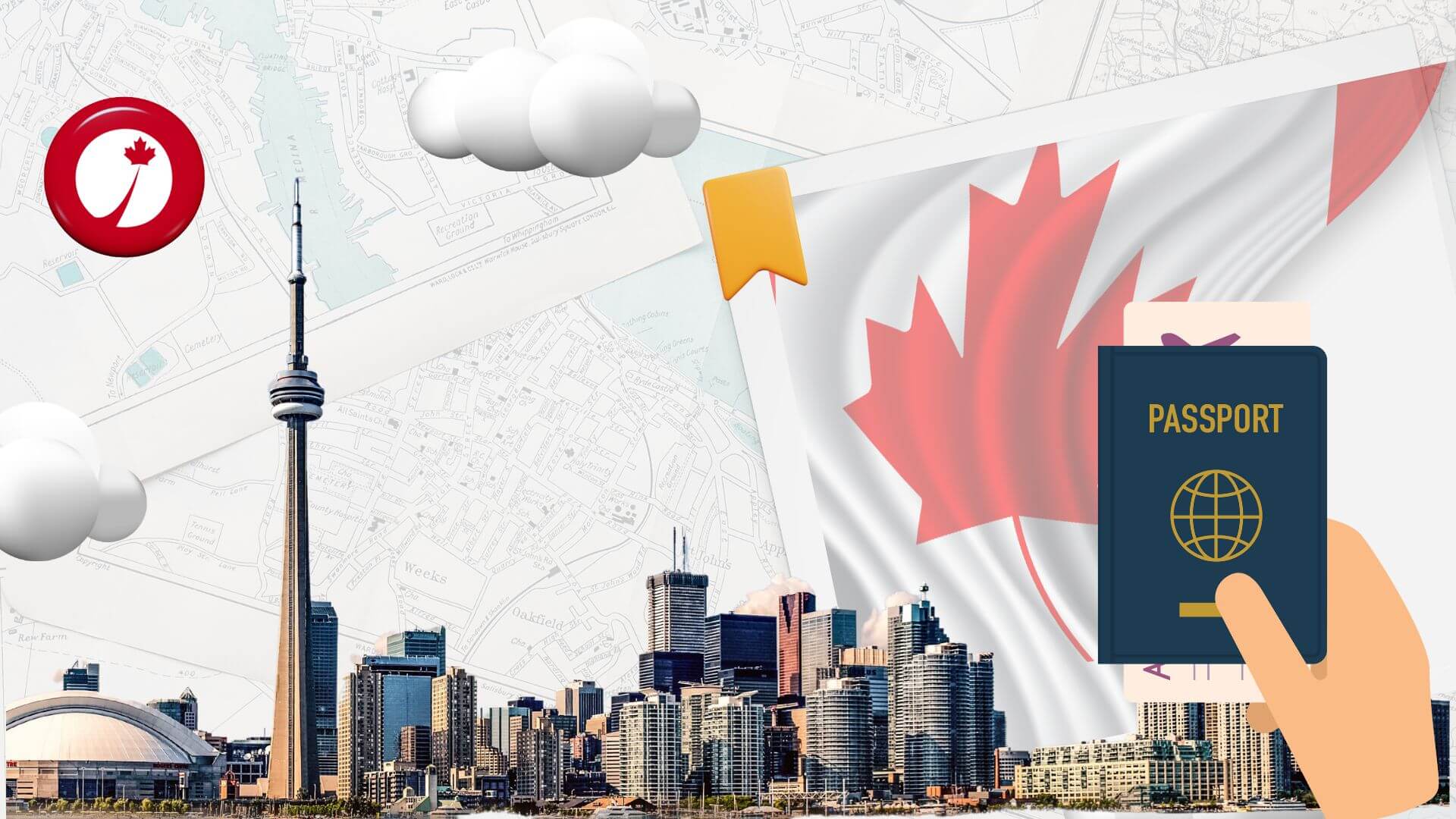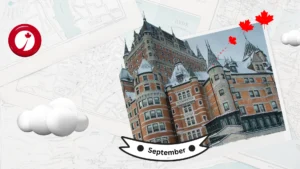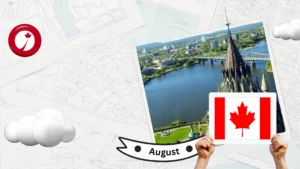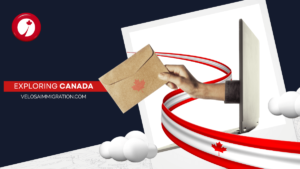Spousal sponsorship within the Canadian immigration system is a significant and detailed process that allows Canadian citizens or permanent residents to reunite with their loved ones in Canada. This is a process through which the Immigration Act in Canada provides the framework to allow people who are already in Canada or abroad, to become permanent residents (PR) in the country in order to reunite families. The most common relationship for which these processes are carried out in Canada are for spouses or common-law partners.
1. Eligibility Requirements
In order to begin with the procedure through which a sponsor holding Canadian PR or citizenship can support the application of a sponsored spouse or common-law partner, it’s crucial to detail the eligibility requirements for each one of them.
Sponsor (Canadian citizen or PR)
- Immigration Status
The sponsor must be a Canadian citizen, permanent resident, or registered Indian under the Canadian Indian Act.
- Legal Age
The sponsor must be at least 18 years old. Persons who are below the legal age according to Canadian jurisprudence are ineligible to become sponsors, regardless of the genuineness of the relationship they hold.
- Solvency requirements
There is no specific financial requirement for sponsoring a spouse or common-law partner, but the sponsor must not be deemed ineligible by falling within some of the categories for which the government excludes the opportunity to become a sponsor such as: receiving social assistance for reasons other than disability, having themselves been sponsored within the last 5 years, having shown instances of family violence (including sexual violence) in the past, having declared bankruptcy, etc. They should also demonstrate the ability to financially support the spouse.
- Residency requirement
When the sponsor is a Canadian citizen who happens to be living outside Canada, they are allowed to become sponsors of their spouses or common-law partners living abroad. However, it is a requisite that once the application is approved and the PR status for the spouse or partner issued, they must move to Canada permanently.
Sponsored Spouse (foreign national)
- Genuineness of the relationship
The full support of this application revolves around the relationship between the couple. This is why it’s imperative that whoever enters into this kind of process must do it with candour and transparency towards the veracity and genuineness of the relationship they are presenting. Whether as a legally married couple or in a common-law relationship, the documentary proof submitted towards the validity of the relationship must attest to it being truthful.
- Inadmissibility
The spouse or common-law partner must not be inadmissible to Canada due to criminality, medical issues, or past immigration violations.
- Gender
In Canada all relationships are recognized under immigration law. That is, whether it is through legal marriage or cohabitation through common-law relationships, opposite-sex as well as same-sex relationships are accepted in sponsorship applications.
2. Alternatives within the Sponsorship Process
There are two main types of sponsorship stream for spouses or common-law partners:
- Inland Sponsorship (also known as In-Canada Class)

This is ideal for candidates who are already living in Canada at the time of application. The applicant (foreign national) must maintain legal immigration status in Canada at all times during the process of sponsorship. However, the main advantage of the category is that once the first assessment by IRCC for completeness and correctness is passed and the Acknowledgement of Receipt (AoR) letter received, then an application for an Open Work Permit (SOWP) can be submitted and the foreign national can gain status to work for any employer anywhere in Canada.
The main drawback within this stream is that the applicant must not travel outside of Canada for the duration of the processing which might take up to 12 months at the moment.
- Outland Sponsorship
This is for couples where the spouse being sponsored is living outside Canada for various reasons. This tends to be somehow faster in processing, but the person cannot obtain a work permit and hence hold such status in Canada allowing him/her to look for employment. Nevertheless, there is also the option that someone who already holds a valid work permit in Canada and wishes to remain in the country with that work permit instead of a SOWP can do so. In a case like this, the main applicant applies for an “outland” sponsorship application even being inside Canada. The application will be processed by the visa office corresponding to their country of citizenship and once the decision is made, the person will need to complete the “landing process” to become a PR in Canada.
3. The Application Process
The spousal sponsorship process involves several steps:
- Step 1 - Gather Documentation
- The couple must gather evidence to prove their relationship, including marriage certificates, joint financial documents, photos, communication records, and affidavits from friends and family.
- The sponsor must provide proof of their status in Canada and complete financial forms.
- Step 2 - Application Submission
The application package includes forms for both the sponsor and the spouse, which must be submitted together. This includes a sponsorship application, a permanent residence application, and supporting documents.
- Step 3 - Fees
The fees for spousal sponsorship typically include processing fees, a right of permanent residence fee, and biometrics fees.
- Step 4 - Processing
The processing time can vary, but it generally takes about 12 months for spousal sponsorship applications to be processed. During this time, the couple may be asked to provide additional information or attend an interview to verify the relationship.
- Step 5 - Decision
If the application is approved, the spouse will receive confirmation of permanent residence (CoPR).
- Step 6 - PR Status and PR Card
Once the spouse arrives in Canada, they must present the CoPR. This is the confirmation that the foreign national is ready to enter Canada and obtain their PR status and a PR Card.
Obligations of the Sponsor

Sponsors must show that not only are they eligible to become so in a process such as this, but also that they are not infringing on the requirements entered into when they embark in this journey.

Sponsors must show that not only are they eligible to become so in a process such as this, but also that they are not infringing on the requirements entered into when they embark in this journey.
- They must sign an undertaking with the Government proving that they will be financially responsible for the sponsored spouse or common-law partner for the duration of the contract, that is, 3 years. In other words, from the day the foreign national becomes a PR in Canada and until 3 years have passed, if the person incurs in expenses that had to be covered by the social security in Canada, such funds must be refunded by the sponsor.
- The sponsor must make sure that their past circumstances of having acquired immigration status in Canada does not preclude them from becoming sponsors. That is, if they themselves have become PR in Canada through sponsorship, they cannot become sponsors of a new spouse or common-law partner within 5 years of becoming PR. This applies even if the person moved on to acquire Canadian citizenship.
5. Common Challenges
- Proving the Relationship
One of the most critical aspects is proving that the relationship is genuine. The immigration authorities scrutinize the evidence closely, especially in cases where there is a significant age difference, cultural differences, or if the couple has spent limited time together. Include as much evidence as possible to prove the legitimacy of your relationship. This could include wedding photos, travel itineraries, communication logs, and joint financial statements.
- Processing Delays
While the average processing time is around 12 months, it can vary based on the complexity of the case, the country of origin, and any additional checks that might be required. Ensure that all forms are filled out correctly and that all required documents are included. Incomplete applications can lead to delays or rejection.
- Changes in Circumstances
If the sponsor or spouse’s circumstances change during the application process (e.g., the sponsor loses their job), it could affect the outcome of the application.
Conclusion
Being able to reunite with your loved one being a spouse or common-law partner is a great step in the life of any couple anywhere in the world! However, Canada has in place a robust and accessible system within its immigration law that allows for Canadian citizens or PR holders to do so without further complications. Based on the genuineness of the relationship, bringing your significant other to Canada is a plausible option which will surely have a great impact in the lives and future of both of you!
At Velosa Immigration we are experts in the process of spousal or common-law partner sponsorship having had many successful stories in our records! We would be pleased to support you and your family’s application where we can take the lead of the entire application making sure every detail is taken care of and thus increasing the chances of a positive outcome in the shortest time possible. Please reach out to us for details and a profile assessment to evaluate eligibility of your case.






